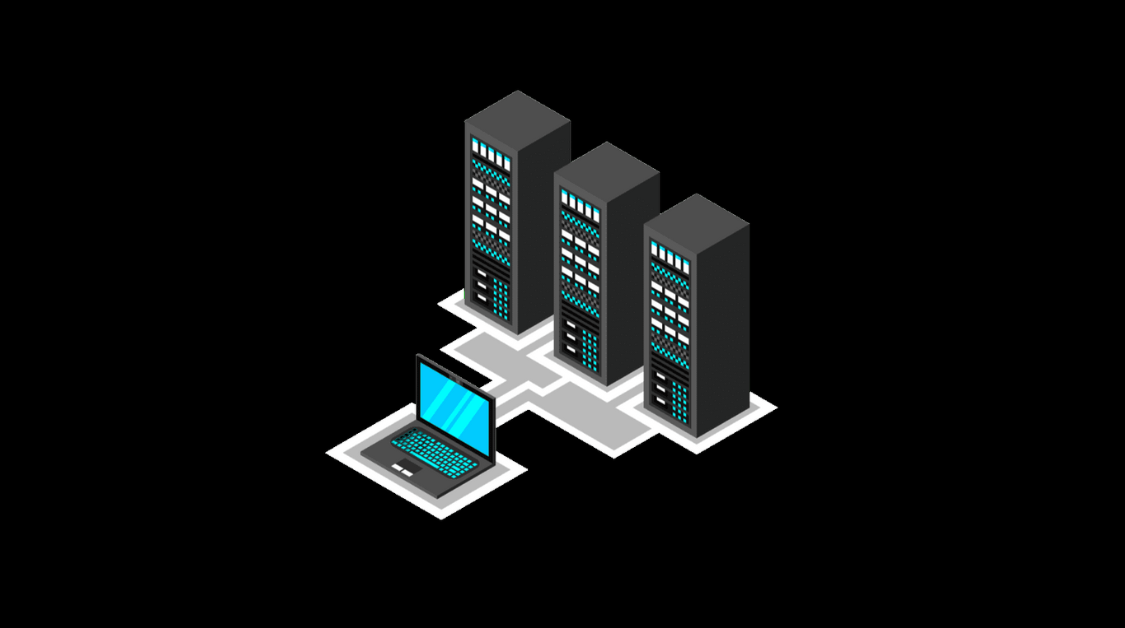In today’s digital age, hosting is an essential aspect of building and launching a website. Hosting refers to the process of storing website files and data on a server that can be accessed via the internet. A website that is hosted on a server can be accessed by anyone with an internet connection, making it possible for businesses and individuals to reach a global audience.
Hosting services come in many different forms, each with its own benefits and drawbacks. In this article, we’ll explore the different types of hosting services available and discuss some of the factors you should consider when choosing a hosting provider.
Types of Hosting Services
There are several different types of hosting services available, each with its own set of advantages and disadvantages. The most common types of hosting services include:
Shared Hosting
Shared hosting is the most basic type of hosting service available. With shared hosting, multiple websites are hosted on a single server, and resources such as CPU, RAM, and storage space are shared among all the websites on the server. Shared hosting is typically the cheapest hosting option, making it a popular choice for small businesses and individuals just starting.
However, shared hosting can also be unreliable, as traffic spikes on one website can affect the performance of all the websites on the server. Additionally, shared hosting typically offers limited customization options, making it difficult to configure your website for optimal performance.
Virtual Private Server (VPS) Hosting
Virtual Private Server (VPS) hosting is a step up from shared hosting. With VPS hosting, multiple websites are still hosted on a single server, but each website is allocated a dedicated set of resources, including CPU, RAM, and storage space. This means that a website hosted on a VPS has access to more resources and is generally more reliable than a website hosted on shared hosting.
VPS hosting also offers more customization options than shared hosting, allowing website owners to configure their server settings for optimal performance. However, VPS hosting is typically more expensive than shared hosting and requires more technical expertise to set up and manage.
Dedicated Hosting
Dedicated hosting is a hosting service in which a website is hosted on a dedicated server that is exclusively dedicated to that website. This means that the website has access to all of the resources on the server, including CPU, RAM, and storage space. Dedicated hosting is typically the most reliable hosting option and offers the most customization options, making it ideal for businesses with high traffic websites or websites that require a lot of resources.
However, dedicated hosting is also the most expensive hosting option and requires the most technical expertise to set up and manage.
Factors to Consider When Choosing a Hosting Provider
When choosing a hosting provider, there are several factors you should consider, including:
Reliability
The reliability of a hosting provider is perhaps the most important factor to consider. A reliable hosting provider should offer a service level agreement (SLA) that guarantees uptime and should have backup systems in place in case of server failures. You can also look for reviews and ratings of the hosting provider to get an idea of how reliable their service is.
Performance
The performance of your website is also an important factor to consider when choosing a hosting provider. Factors that affect website performance include server location, server hardware, and server software. Look for a hosting provider that offers fast server speeds, a high level of server uptime, and good server hardware and software.
Security
Website security is another critical factor to consider when choosing a hosting provider. Look for a hosting provider that offers robust security measures, including firewalls, malware protection, and SSL certificates. You should also look for a hosting provider that offers regular backups of your website data, so you can easily restore your website in case of a security breach.
Support
Hosting support is a critical factor for business owners looking for website hosting. When you encounter technical issues or problems with your website, you need a hosting provider that can provide fast and reliable support to help resolve the issue. Without proper support, website downtime can have a significant impact on your business, resulting in lost revenue, decreased customer satisfaction, and even damage to your brand reputation. By choosing a hosting provider with excellent support, you can ensure that your website runs smoothly and that any issues are quickly resolved, minimizing the impact on your business. For example, Solheim Technologies hosts over 100 websites and provides extras like 30 minutes of website changes every month!
Conclusion
In conclusion, website hosting is an essential component of building and launching a website. Hosting services come in different types, each with its own benefits and drawbacks. By selecting the right hosting service and provider for your website, you can ensure that your website runs smoothly, offers a seamless user experience, and remains secure and protected. With the right hosting service, businesses and individuals can expand their reach and connect with a global audience, establishing a strong online presence and achieving their goals in the digital realm.

